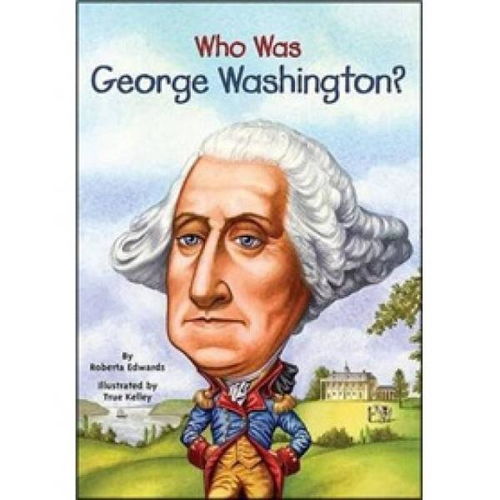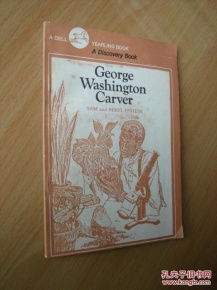George Washington: The Founding Father of the United States
George Washington, the first President of the United States, was a pivotal figure in the nation’s history. Born on February 22, 1732, in Westmoreland County, Virginia, Washington’s life was marked by his leadership, integrity, and dedication to the cause of American independence.
Early Life and Military Career

Washington’s early life was spent on his family’s plantation, Mount Vernon. He received a basic education and learned surveying skills, which would prove invaluable in his later military career. In 1753, at the age of 21, Washington was appointed a major in the Virginia militia and sent to the French and Indian War.
His leadership and bravery during the war earned him recognition, and he was promoted to lieutenant colonel. After the war, Washington returned to his plantation and continued his surveying work. However, his military experience laid the foundation for his future role in the American Revolution.
The American Revolution

When the American colonies began to resist British rule, Washington was chosen to lead the Continental Army. On June 15, 1775, he was appointed commander-in-chief of the army, a position he would hold until the end of the war in 1783.
Washington faced numerous challenges during the Revolution, including a lack of resources, poor discipline, and the constant threat of defeat. Despite these obstacles, he maintained his resolve and led his troops to victory at battles such as Trenton and Princeton. His leadership and strategic genius were crucial to the success of the American cause.
The Constitution and the Presidency

After the Revolution, Washington played a significant role in the drafting of the U.S. Constitution. He was one of the delegates to the Constitutional Convention and was instrumental in shaping the new government.
In 1789, Washington was elected as the first President of the United States. He served two terms, from 1789 to 1797. During his presidency, Washington established many of the traditions and precedents that would define the office. He was a strong advocate for a strong central government and worked to promote unity and stability among the states.
Legacy and Mount Vernon
After his presidency, Washington returned to Mount Vernon, where he spent the remainder of his life. He continued to be an influential figure in American politics and was often sought out for his advice and opinions.
Washington died on December 14, 1799, at the age of 67. He was buried at Mount Vernon, where his tomb is a testament to his enduring legacy. Today, Mount Vernon is a national historic landmark and a popular tourist destination, attracting thousands of visitors each year.
Washington’s Character and Influence
George Washington was known for his strong character, integrity, and dedication to the cause of American independence. He was a man of modest means, yet he was willing to risk everything for the sake of his country. His leadership and example have inspired generations of Americans.
Washington’s legacy extends beyond his military and political achievements. He was a farmer, a surveyor, and a husband and father. His life was marked by hard work, self-discipline, and a commitment to the principles of liberty and justice.
| Year | Event |
|---|---|
| 1732 | George Washington born on February 22 |
| 1753 | Appointed major in the Virginia militia |
| 1775 | Appointed commander-in-chief of the Continental Army |
| 1789 | Elected as the first President of the United States |
| 1799 | George Washington dies on December 14 |
In conclusion, George Washington was a remarkable leader and a true American hero. His contributions to the nation’s founding and his enduring legacy continue to inspire and shape the United States today.







